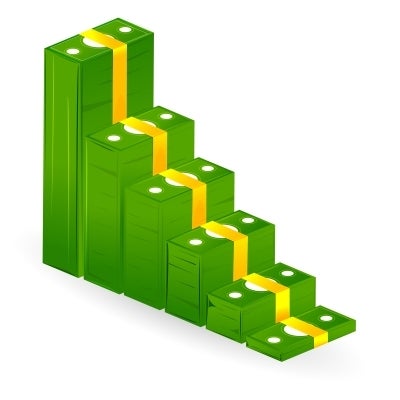Worcester city councilors said Tuesday night that they’re dreading an upcoming tax classification vote after commercial and industrial property values skyrocketed, in some cases by more than double.
Several councilors last night raised the possibility of voting a higher residential rate to offset what are sure to be higher commercial and industrial tax bills.
Residential assessments fell by an average of 3.8 percent from last fiscal year, leaving councilors hinting they might have some wiggle room to vote a higher residential rate.
“If the lowest residential rate is voted, commercial bills will go through the roof,” said Councilor Frederick Rushton. “It’s going to really send a true shockwave through the business side of our community.”
Profit Erased
George Valeri, a property owner and developer, told the council that a rental property he owns on Cambridge Street jumped in assessed value from $423,800 to $756,100, a 78-percent increase.
By his calculation, the higher assessment will increase his tax bill by more than $10,000 on the property.
“That’s my profit for the year,” Valeri said. “That jump doesn’t want me to own the building anymore.”
Valeri said wryly that he would gladly sell the property to the city for $700,000.
“I’m a generous guy,” he said.
Councilor George Russell said the income method by which commercial and industrial properties are assessed – factoring in the potential revenue the property could generate in rents or payments – is unfair and said the city should fight the state on the valuations.
A review of the assessor’s office that began in 2009 found that previous assessors had put manual overrides in place on approximately 2,000 properties. The city said it could find no documentation of the overrides, which lowered valuations, and no system in place to review the overrides on a year to year basis.
The review uncovered another past practice called “obsolescence,” which also reduced values, based on outside factors like a poor economy.
The city said all improper instances of both practices have now been removed from the city’s tax calculations.
The revaluation, which could be certified by the state soon, resulted in increased assessments for 1,893 of the 2,278 commercial properties in the city. The most common increases were between 20 percent and 100 percent, but 174 properties saw their assessments more than double.
Industrial properties experienced similar results, with 488 of 598 properties getting higher assessments. The most common increase for that property class was between zero and 10 percent.
Image credit:digitalart

